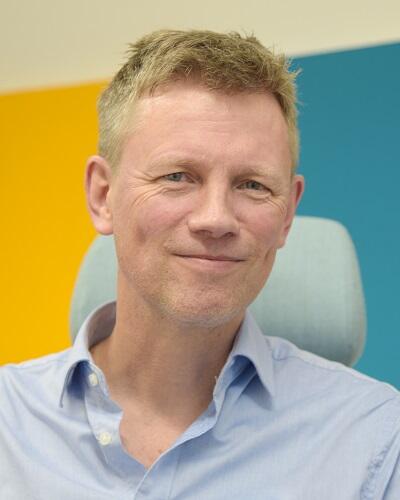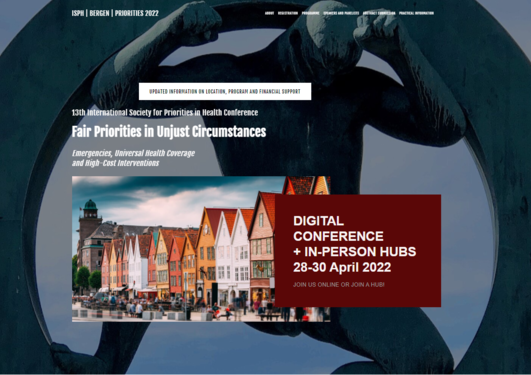Fair Financing for Universal Health Coverage (UHC)
The aim of this project is to support countries across different income levels and regions in building a fairer process around health financing decisions for UHC. To do this, we provide policy makers with evidence on why fair processes matter; what constitutes a fair process for health financing decisions; and policy instruments that countries have used to advance fair processes in health financing.

Main content
Background
UHC means that all people can use the promotive, preventive, curative, rehabilitative, and palliative health services they need, of sufficient quality to be effective, while also ensuring that the use of these services does not expose people to financial hardship. Therefore, equity concerns are at the heart of UHC, and making progress towards UHC is key to reducing poverty and inequality.
Health financing arrangements can influence the attainment of UHC goals of effective service coverage and financial protection. How well health financing arrangements can support progress towards these goals depends on choices in the three health financing functions of revenue mobilization, pooling, and purchasing.
Making fair choices on the path to universal health coverage provides guidance on substantive fairness: how benefits and burdens should be distributed? Whose needs to meet first? But lots of questions remain, even if there is agreement on overall principles of substantive fairness.
How such disagreements are managed is critical for achieving more equitable outcomes, strengthening the legitimacy of the decision-making process, building trust in authorities and across society at large, and promoting the sustainability of reforms.
However, much of the literature on equity and UHC has focused on outcomes. This project aims to complement this by providing a comprehensive framework on fairness in decision-making processes: what procedural fairness means and how it can be pursued in health financing decisions.
Project results
- The main result of the project is the report published by the World Bank on “Open and Inclusive: Fair Processes for Financing Universal Health Coverage"
The report builds on a series of consultations conducted with a wide range of country policy makers, health financing experts, and researchers from low-, middle- and high-income countries. The scholars and experts engaged span different disciplines and areas of expertise (e.g., health financing and economics, law, ethics and philosophy, health policy). The report incorporates a comprehensive literature review and original country case studies reflecting different country income groups, geographic areas, health financing arrangements, and types of health financing decisions.
- Forthcoming, in October, a Health Policy and Planning supplement Fair process when making health financing decisions for universal health coverage: what, why and how?
The supplement includes the following country case studies - Ukraine, Thailand, South Africa, Tanzania, and The Gambia – a scoping review of the literature, and two commentaries.
- A series of dissemination events.
This work has been disseminated on several occasions:
- During the International Society for Priorities in Health Conference “Fair Priorities in Unjust Circumstances” organized by the Bergen Centre for Ethics and Priority Setting on 28 April 202.
- During a soft launch at the World Bank’s Annual Health Financing Forum on 15 June 2022.
- During a full-day event on “Citizen Panels and Health Policy” organized by the London School of Economics and Political Science on 12 September 2022.
- At a Brown Bag Lunch hosted by the Global Fund on 10 November 2022.
- A public seminar about the report was held in Oslo in March 2023.
- Accompanying the report is a blog post on the World Bank’s “Investing in Health” blog, published on 12 July 2023.

